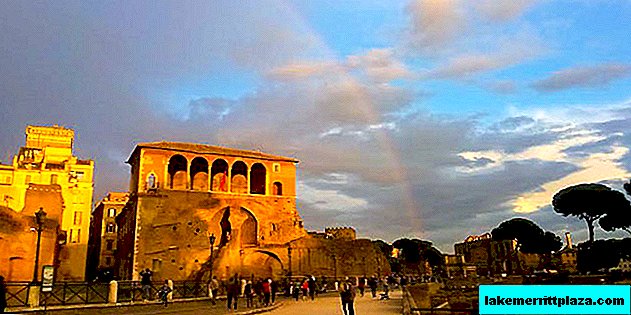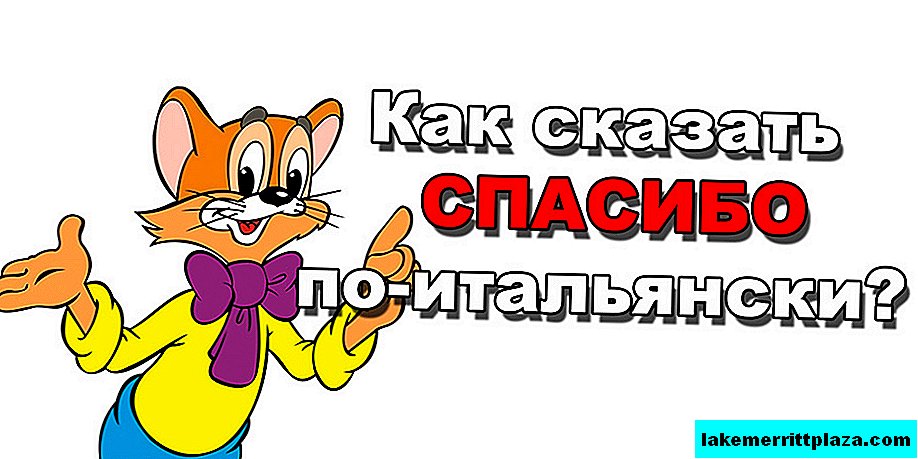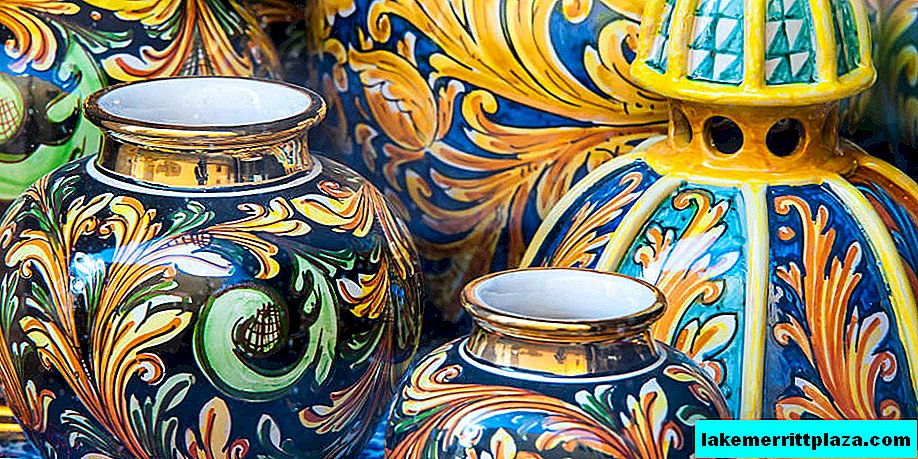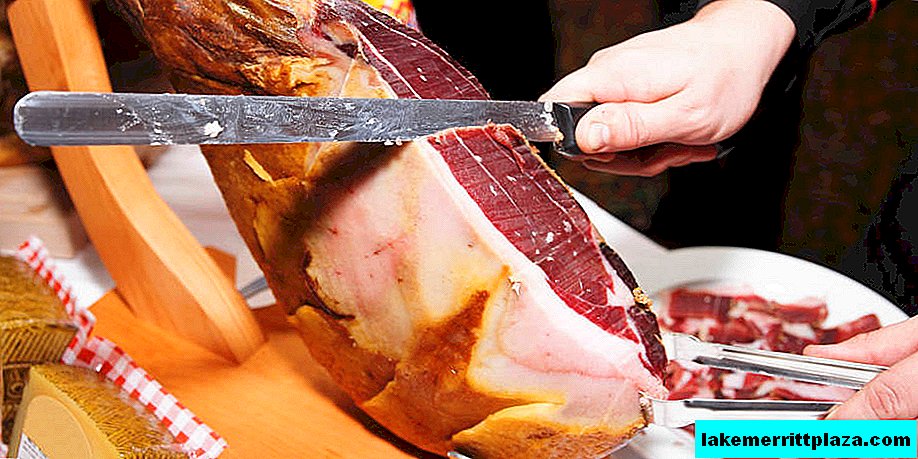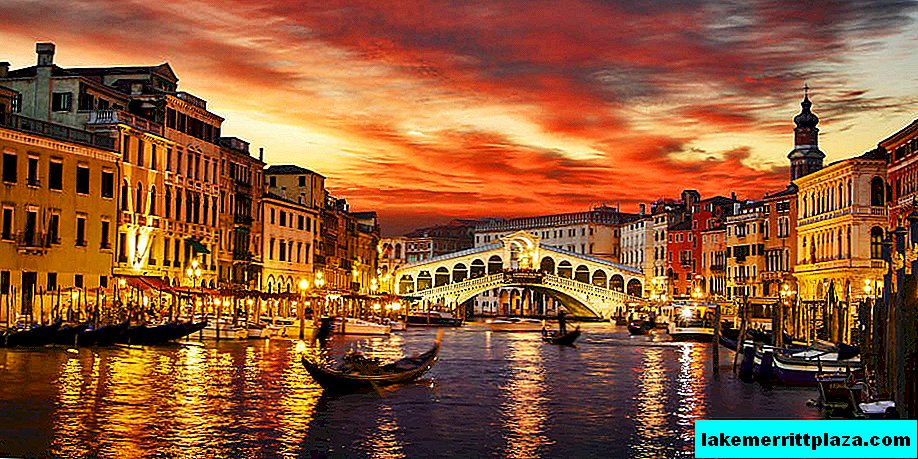Securing the passed material
We’ll start the third lesson by consolidating the material we have learned, conjugating several verbs.
Verb HOPE
- SPERARE - HOPE, read "Sperara"
- IO SPERO - I HOPE ("Io Spero")
- TU SPERI - YOU HOPE (“Tu Speri”)
- LUI SPERA - HE HOPES (“Louis Spera”)
- LEI SPERA - SHE HOPES
- LEI SPERA - YOU HOPE (respectful form)
- NOI SPERIAMO - WE HOPE ("Noah Speryamo")
- VOI SPERATE - YOU HOPE ("Warrior Sperat")
- LORO SPERANO - THEY HOPE ("Loro Sperano", emphasis on the root of the word)
Verb HELP
- AIUTARE - HELP, read "Ayutare"
- IO AIUTO - I HELP (“Io Ayuto”)
- TU AIUTI - YOU HELP (Tu Ayuti)
- LUI AIUTA - HE HELPS (“Louis Ayut”)
- LEI AIUTA - SHE HELPS
- LEI AIUTA - YOU HELP (respectfully)
- NOI AIUTIAMO - WE HELP ("Noah Ayutyamo")
- VOI AIUTATE - YOU HELP ("Voi Ayutate")
- LORO AIUTANO - THEY HELP ("Loro Ayutano")
Verb TEACH
- INSEGNARE - TEACH, TEACH, read "Insignar"
- IO INSEGNO - I TEACH ("Io Inseno")
- TU INSEGNI - YOU TEACH ("Tu Inseni")
- LUI INSEGNA - HE TEACHES ("Louis Insenia")
- LEI INSEGNA - SHE IS A TEACHER
- LEI INSEGNA - YOU TEACH (respectfully)
- NOI INSEGNIAMO - WE TEACH ("Noi Insenyamo")
- VOI INSEGNATE - YOU ARE TEACHING ("Warriors Insenyat")
- LORO INSEGNANO - THEY TEACH ("Loro Insignano")
Verb TEST
- PROVARE - TO TRY, TO ATTEMPT, TO TRY, TO EXAMPLE, TO REHEARS, it is read "Provare"
- IO PROVO - I TRY ("Io Provano")
- TU PROVI - YOU TRY ("Tu Prov")
- LUI PROVA - HE TRYES ("Louis Prova")
- LEI PROVA - SHE IS TESTING
- LEI PROVA - YOU TRY (respectfully)
- NOI PROVIAMO - WE TEST ("Noah Proviamo")
- VOI PROVATE - YOU TRY (Warriors of War)
- LORO PROVANO - THEY TEST ("Loro Provano")
Verb SEARCH
- CERCARE - SEARCH, read "Cherkara"
- IO CERCO - I LOOKING FOR ("Io Cherko")
- TU CERCHI - YOU ARE LOOKING FOR ("Tu Cherki")
- LUI CERCA - HE SEEKS ("Louis Cherka")
- LEI CERCA - SHE IS SEARCHING
- LEI CERCA - SHE IS SEARCHING
- NOI CERCIAMO - WE ARE LOOKING FOR ("Noi Cherkyamo")
- VOI CERCATE - YOU ARE LOOKING FOR ("Voi Cherkate")
- LORO CERCANO - THEY ARE LOOKING FOR ("LORO CERCANO")
Verb FIND
- TROVARE - FIND, read "Trovre"
- IO TROVO - I FIND ("Io Trovo")
- TU TROVI - YOU FIND ("Tu Trovi")
- LUI TROVA - HE FINDS ("Louis Trova")
- LEI TROVA - HE FINDS
- LEI TROVA - YOU GO (respectfully)
- NOI TROVIAMO - WE FIND ("Noah Troviamo")
- VOI TROVATE - YOU FIND ("Howl Trovate")
- LORO TROVANO - THEY FIND ("Loro Trovano")
Example:
- CHI CERCA, TROVA - WHO SEEKS, THAT WILL FIND
Verb PET
- CANTARE - SING, read "Cantare"
- IO CANTO - I SING ("Io Kanto")
- TU CANTI - YOU ARE GOING ("Tu Kanti")
- LUI CANTA - HE SINGS ("Louis Kant")
- LEI CANTA - SHE SINGS
- LEI CANTA - YOU SING (respectfully)
- NOI CANTIAMO - WE SING ("Noi Cantyamo")
- VOI CANTATE - YOU SING ("Voi Cantata")
- LORO CANTANO - THEY SING ("Howl Cantano")
Verb THINK
- PENSARE - THINK, read Penzare
- IO PENSO - I THINK ("Io Penso")
- Tu pensi - YOU THINK ("Tu Pensy")
- LUI PENSA - HE THINKS ("Louis Pence")
- LEI PENSA - SHE THINKS
- LEI PENSA - YOU THINK (respectfully)
- NOI PENSIAMO - WE THINK ("Noi Penciamo")
- VOI PENSATE - YOU THINK ("Howl Pence")
- LORO PENSANO - THEY THINK ("Loro Pensano")
Rules for building words
In Italian, there is a common set of rules, following which you can predict how the word will look.
Due to letter combination exclusions "CT"doubles the letter" T ". For example:ATTORE, EFETTIVO
There is no sound "x".
Sounds:
- Russian Ge - in Italy. GE
- Russian Guy - in Italy. Gi
Suffixes
Words of the Russian language ending with the suffix -II in Italian find their ending -ZIONE. Examples:
- MODERNIZZAZIONE - MODERNIZATION
- INNOVAZIONE - INNOVATION
- IMOZIONE - EMOTION
- Nazione - NATION
- PROVOCAZIONE - PROVOCATION
- MEDITAZIONE - MEDITATION
- INTONAZIONE - intonation
- REALIZZAZIONE - IMPLEMENTATION
Words ending with -ZIA in Italian will be awarded with the suffix -SIONE.
Ending - RUSSIA turn into -SSIONE. Example: PROFESSIONE - PROFESSION
The ending -AL turns into -ALE. Examples:
- INDIVIDUALE - INDIVIDUAL
- NORMALE - NORMAL
- IDEALE - PERFECT
- PROFESSIONALE - PROFESSIONAL
The ending -IVIVE turns into -IVO. Examples:
- EFFETTIVO - EFFECTIVE
- CONSTRUTTIVO - CONSTRUCTIVE
- OBIETTIVO - OBJECTIVE
The endings -ICH, -THIC turns into -ICO. Examples:
- Magico - MAGIC, read "Magico"
- LOGICO - LOGIC
- Tecnico - TECHNICAL
- ECONOMICO - ECONOMIC
Applying these simple rules, you can translate into Italian about 50,000 words!
Irregular Verbs
Verbs whose conjugation do not obey the general rules are called irregular. Three verbs: ESSERE-BE, AVERE-HAVE and FARE-Do, have been reviewed in previous lessons. Now we begin to study other equally important irregular verbs.
Verb WANT
- VOLERE - WANT, read "Wolera"
- IO VOLGIO - I WANT ("Io Voljo")
- TU VUOI - YOU WANT ("Tu Wooy")
- LUI VUOLE - HE WANTS ("Louis Vouole")
- LEI VUOLE - SHE WANT
- LEI VUOLE - YOU WANT (respectfully)
- NOI VOGLIAMO - WE WANT (Noi Vollyamo)
- VOI VOLETE - YOU ARE WANTED (Howl Free)
- LORO VOGLIONO - THEY WANT (“Loro Vologno”), emphasis on “o”
Examples:
- CHE COSA TU VUOI? - WHAT DO YOU WANT?
- IO VOGLIO CANTARE - I want to sing
- IO NON VOGLIO MANGIARE - I DO NOT WANT TO EAT
- CHE COSA VUOI FARE? - WHAT DO YOU WANT TO DO?
- IO NON VOGLIO AVERE UN PROBLEMA - I DO NOT WANT TO HAVE PROBLEMS
Verb KNOW
- SAPERE - KNOW, BE ABLE, read "Minesweeper"
- IO SO - I KNOW ("Io So")
- TU SAI - YOU KNOW ("Tu Sai")
- LUI SA - HE KNOWS ("Louis Sa")
- LEI SA - SHE KNOWS
- LEI SA - YOU KNOW (respectfully)
- NOI SAPPIAMO - WE KNOW ("Noi Sapyamo")
- VOI SAPETE - YOU KNOW ("Howl Sapete")
- LORO SANNO - THEY KNOW ("Loro Sano")
Examples:
- IO NON SO CHE COSA FARE - I DO NOT KNOW WHAT TO DO
- IO SO CANTARE MOLTO BENE - I AM ABOUT SINGING VERY GOOD
Plural Education
- ITALIANO - ITALIAN, ITALIAN, (masculine, singular), read "Italiano"
- ITALIANI - ITALIAN, ITALIANS (masculine, plural), read "The Italian"
- ITALIANA - ITALIAN, ITALIAN (feminine, plural), read "Italyana"
- ITALIANE - IATALIANS (feminine, plural), italians read
Example:
- LEI Ѐ ITALIANA - SHE'S ITALIAN
- LORO SONO ITALIANE - THEY ITALIANS
Similarly:
- RUSSO - RUSSIAN (male gender, singular)
- RUSSI - RUSSIAN (male gender, plural)
- RUSSA - RUSSIAN (female, singular)
- RUSSE - RUSSIAN (female gender, plural)
- LORO SONO RUSSE - THEY ARE RUSSIAN (WOMEN)
- Libro - BOOK
- Libri - BOOKS
- Casa - HOUSE
- CASE - HOUSES
The rule applies if the Italian noun in the singular ends with "O" (Libro), then its plural will be formed by replacing "O" with "I" (Libri) Such an ending is a sign of the masculine noun.
Feminine nouns end in "A" (Casa) In this case, the plural is formed by replacing "A" with "E" (CASE).
Application of the studied material
We supplement the list of our verbs with the word LIKE:
- MI PIACE - I LIKE, it reads "Piache"
- TI PIACE - YOU LIKE
A bunch can be used with a NON particle:
- NON MI PIACE - I DO NOT LIKE
Example:
- MI PIACE CUCINA ITALIANA - I LIKE ITALIAN CUISINE, the kitchen reads like "Kuchina."
A few nouns to help you talk about your family:
- FIGLIO - SON ("Filio")
- FIGLI - SONS ("Films")
- FIGLIA - DAUGHTER ("Movie")
- FIGLIE - DAUGHTERS ("Film")
- AMICA - FRIEND ("Amika")
- AMICHE - FRIENDS ("Amike")



